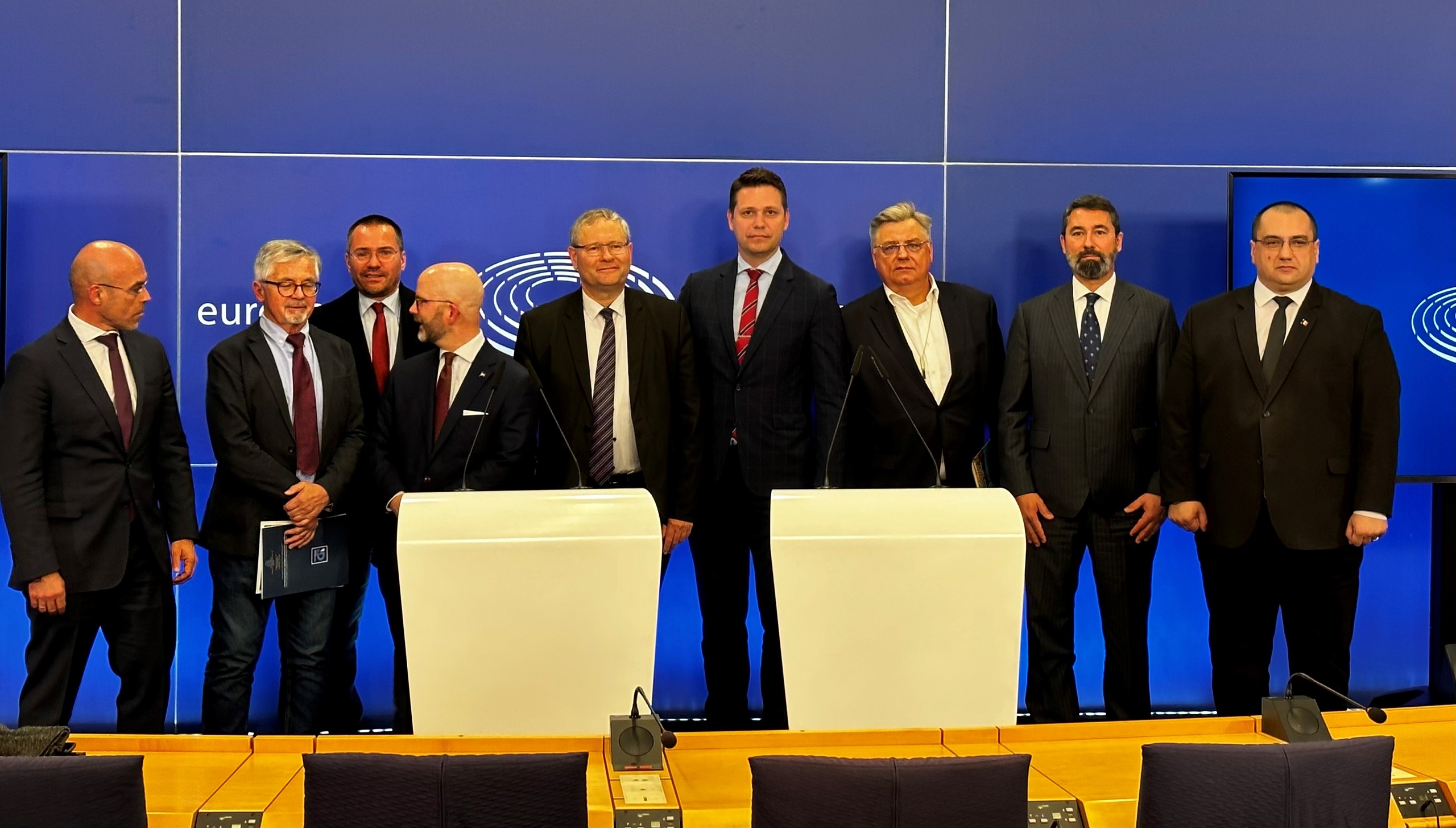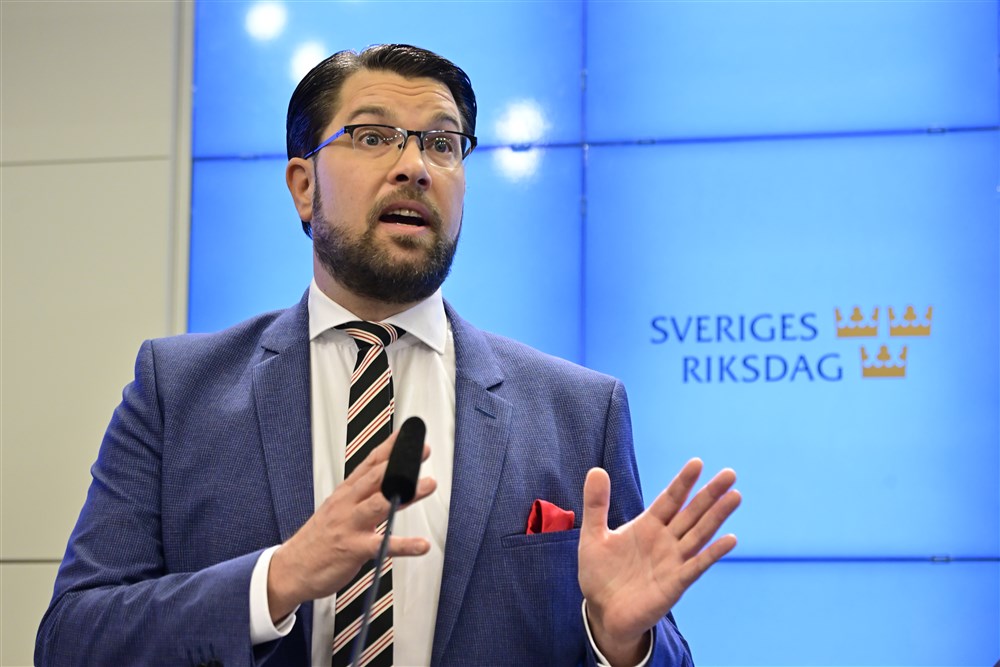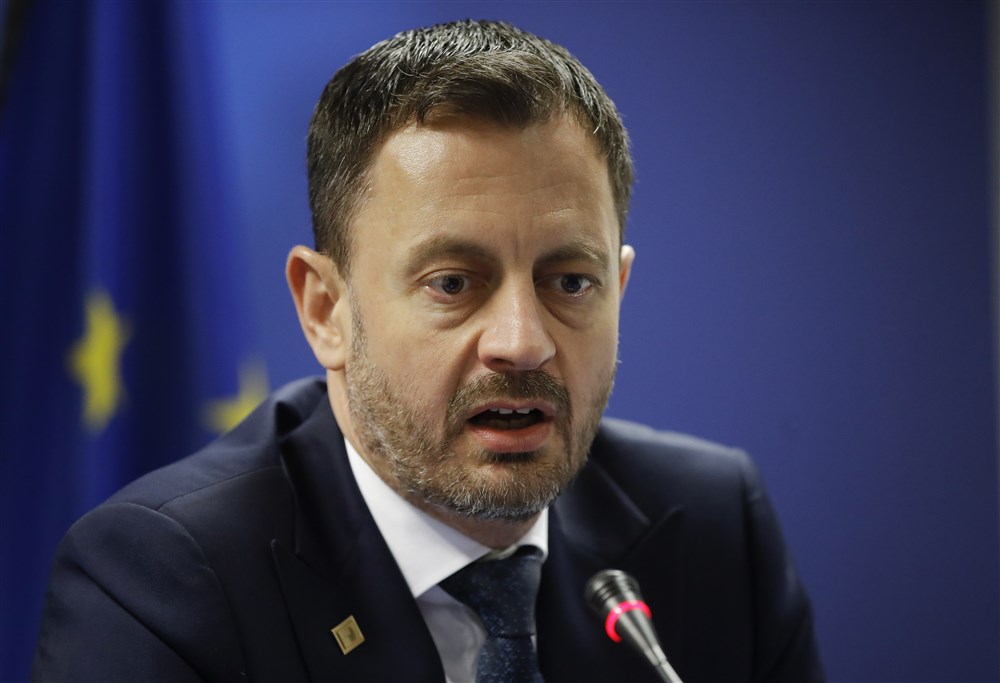German European People’s Party chairman Manfred Weber is the most influential MEP, according to a think tank report.
Weber leads the pack with a total influence score of 100, the maximum, according to EUMatrix.eu, a Brussels-based think-tank.
He is closely followed by another EPP member, Roberta Metsola, President of the European Parliament. The third most influential member is Social Democrat Iratxe Garcia Pérez, who scored 91.98.
? The results are in: Germans?? are the most represented in our list of most influential #MEPs, but Romanians?? are strong contenders with 9 entries. Check out the full results of our #InfluenceIndex. Don't miss out ?https://t.co/nlTiZGoIYq pic.twitter.com/kHq9TCTDZa
— EUMatrix.eu (@EumatrixEu) May 8, 2023
The EPP remains the most influential group, although Renew members performed well with regard to leadership positions, legislative activities, and voting performance (meaning they were often on the winning side).
The think tank notes that northwest European delegations have relatively speaking more clout on environmental files, while central and eastern European MEPs tend to perform better, i.e. win, on health or digital policy votes.
S&D and Renew groups performed better when it came to influencing policy on trade, health, and social affairs (in the case of S&D), or environment, agri-food and digital (in the case of Renew).
The Italians, and, to a lesser extent, the French, have been underperforming, the results suggested. Among the small countries, the Maltese, Luxembourgers and Finns punch above their weight. Malta can boast several MEP’s in the top 100 most influential. Other high-performing delegations include the Finns and the Portuguese.
Cypriot MEPs on the other hand are the biggest under-performers in the European Parliament. Italy and Hungary also underperform, which is due to the fact that a significant number of their MEPs are not affiliated to a group. Similarly, many Italian MEPs belong to the Identity & Democracy group, which is thought of as isolated in the European Parliament.
MEPs from the groups that are towards the fringes of the political spectrum struggle to land institutional leadership positions or playing an important role in negotiations on important files.
According to the MEP #InfluenceIndex 2023, @RenewEurope is punching above its weight!? Renew central position seems to be benefiting their #MEPs in terms of leadership positions and key reports.? https://t.co/nlTiZGoIYq pic.twitter.com/PKjVuvVynR
— EUMatrix.eu (@EumatrixEu) May 8, 2023
The research measures influence through a combination of criteria grouped into categories: formal and informal leadership positions; actual legislative work; political network; committee membership; and voting behaviour.





